We won’t let inner cities dictate on emissions: Morrison
Scott Morrison says regions will benefit from climate policies, declaring net zero emissions won’t be achieved in the ‘cafes, dinner parties and wine bars of our cities’.
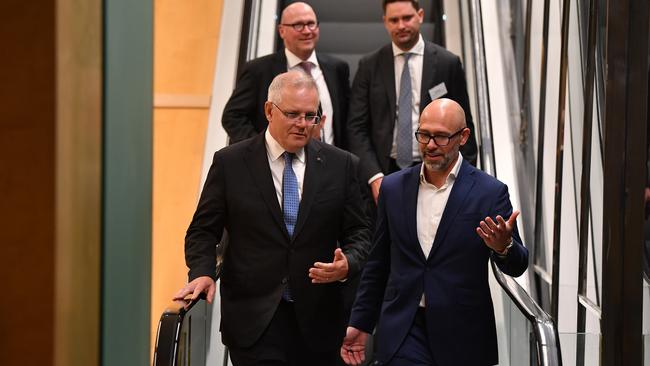
Scott Morrison has assured workers in the nation’s regions and industrial heartland they will benefit rather than be penalised by his climate change policies, declaring net zero emissions would not be achieved in the “cafes, dinner parties and wine bars of our inner cities’’.
In an address to the Business Council of Australia’s annual dinner, the Prime Minister said the government would not “tax the life out’’ of industries as he framed the May budget as a blueprint for the “next phase of Australia’s economic recovery’’, with major reforms to skills training and services to get the unemployed into work.
Speaking before some of the nation’s leading chief executives, Mr Morrison on Monday night also announced a mass deregulation program to slash annual compliance costs by $430m.
He provided an assurance his approach to driving down emissions would be informed by industry and shield business from new imposts as he seeks to smooth over tensions within the Coalition about the future direction of the government’s climate policy and shift towards net zero emissions.
The comments come ahead of Joe Biden’s two-day climate summit this week, with Mr Morrison warning the government would not tax “the life out of industries that are a source of high wage jobs to so many Australians, especially in regional areas”. “I am not going to tax our industries off the planet. We are going to meet our ambitions with the smartest minds, the best technology and the animal spirits of our business community,’’ Mr Morrison said.
“We will not achieve net zero …. by taxing our industries that provide livelihoods for millions of Australians off the planet, as our political opponents sought to do when they got the chance.
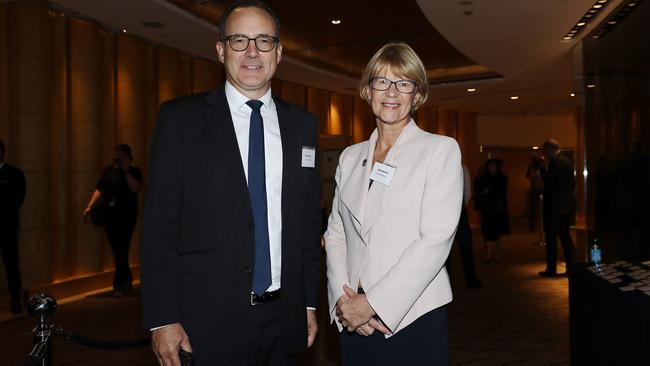
“It will be achieved by the pioneering entrepreneurialism and innovation of Australia’s industrial workhorses, farmers and scientists. It will be won in places like the Pilbara, the Hunter, Gladstone, Portland, Whyalla, Bell Bay and the Riverina.”
Mr Morrison said the budget would contain sweeping measures, cutting paperwork across the economy — including for companies, childcare operators and education and healthcare providers. The initiative is part of a broader economic plan to unlock investment and create jobs, with Mr Morrison trumpeting his commitment to lower taxes, more competitive conditions for industry, “sensible” workplace laws and policies to encourage free and open trade.
In a speech aimed at resetting the political narrative amid criticism of the government’s vaccine rollout and his personal handling of women’s issues, Mr Morrison said Australia was “fighting our way back”.
Mr Morrison, who defended his management of the twin economic and health crises, said the May 11 budget would set out stage two of Australia’s economic recovery.
“Australia is leading the world out of the COVID-19 pandemic and the global recession it caused. This wasn’t luck,” he said.
“It was not luck that meant we entered this unprecedented crisis from a position of fiscal strength. It wasn’t luck that saw Australia be among the first countries to close our border to mainland China. It wasn’t luck that saw Australia call the pandemic early, two weeks before the rest of the world … It wasn’t luck that resulted in world-leading policies like JobKeeper, alongside critical fiscal supports for the most vulnerable in our community.”
Mr Morrison said more work was needed to “deliver jobs, guarantee services for all Australians and keep Australians safe, now and into the future”.
“Our economic recovery plan is geared to keeping our economy on the right track. To protect and preserve lives and livelihoods, but also to build a strong, durable recovery for the future.”
Unveiling a $120m deregulation package, Mr Morrison said the government wanted to take “unnecessary regulatory burdens off business to unlock investment and to create jobs”.
“You can have all the lofty communiques about regulatory reform you like, but ultimately it means working through the detail with stakeholders and understanding what obstacles can be stripped away in order to grow their business,” he said.
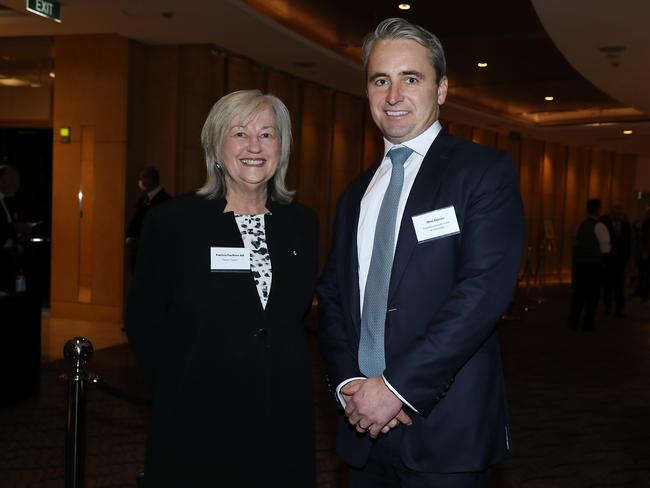
“The benefits to businesses, individuals and not-for-profits in reduced compliance costs under this package are estimated to average $430m annually.”
Pushing back against Labor, which has adopted a policy to reach net zero emissions by 2050, Mr Morrison said Australia was not going to meet its climate change targets through “punishing taxes”.
Mr Morrison said the nation had already “met and exceeded” its climate targets, arguing Australia was on track to reduce emissions by “70 per cent per unit of GDP on 2005 levels, and halve our per capita emissions”.
“Already total emissions are 19 per cent lower at the end of 2020 than they were in 2005. That’s a further improvement on the 13 per cent reduction by 2018, which compares to 0 per cent in Canada, 8 per cent in NZ and 10 per cent in Germany, Japan and the USA over the same period,” he said. “Our domestic emissions have already fallen by 36 per cent from 2005 levels.
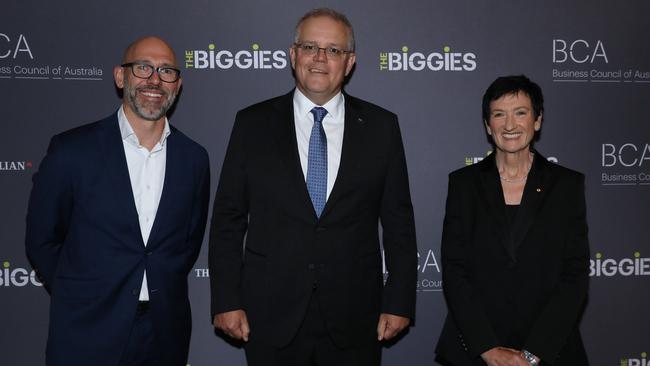
“Australia takes our emission reductions targets very seriously. We don’t make them lightly. We prepare our plan to achieve them and we follow through. That is how we are addressing the challenge of the future net zero carbon economy.”
The government’s deregulation plan — first flagged in a 2019 speech to the WA Chamber of Commerce — will streamline reporting under the National Greenhouse and Energy Reporting Scheme, reducing time spent on preparing reports by around 70 per cent and supporting more than 900 companies reporting on 7500 facilities each year. It will also streamline digital services in the health sector, reduce duplicative reporting requirements for child care providers, and empower banking, insurance, superannuation and capital markets regulators to have greater flexibility to obtain information.


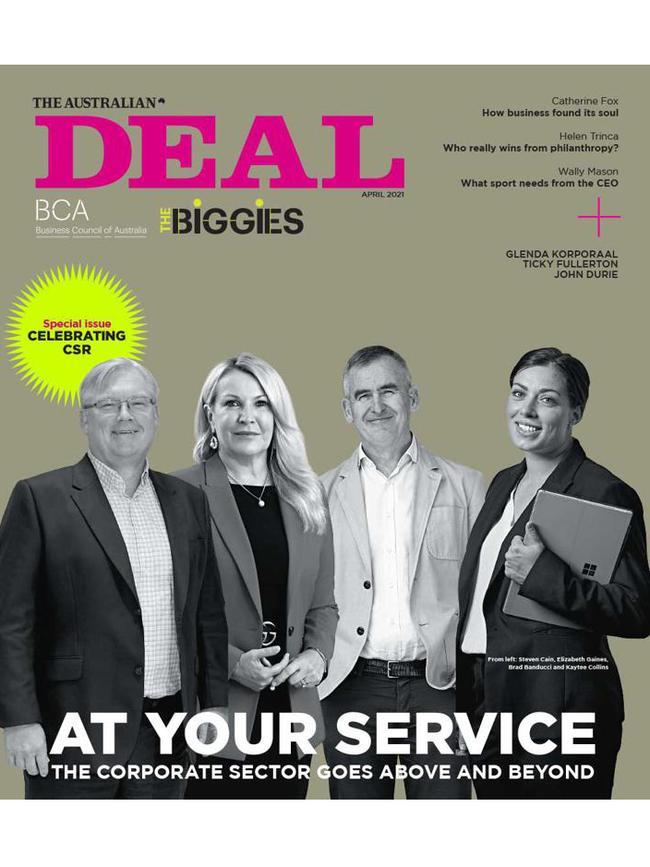


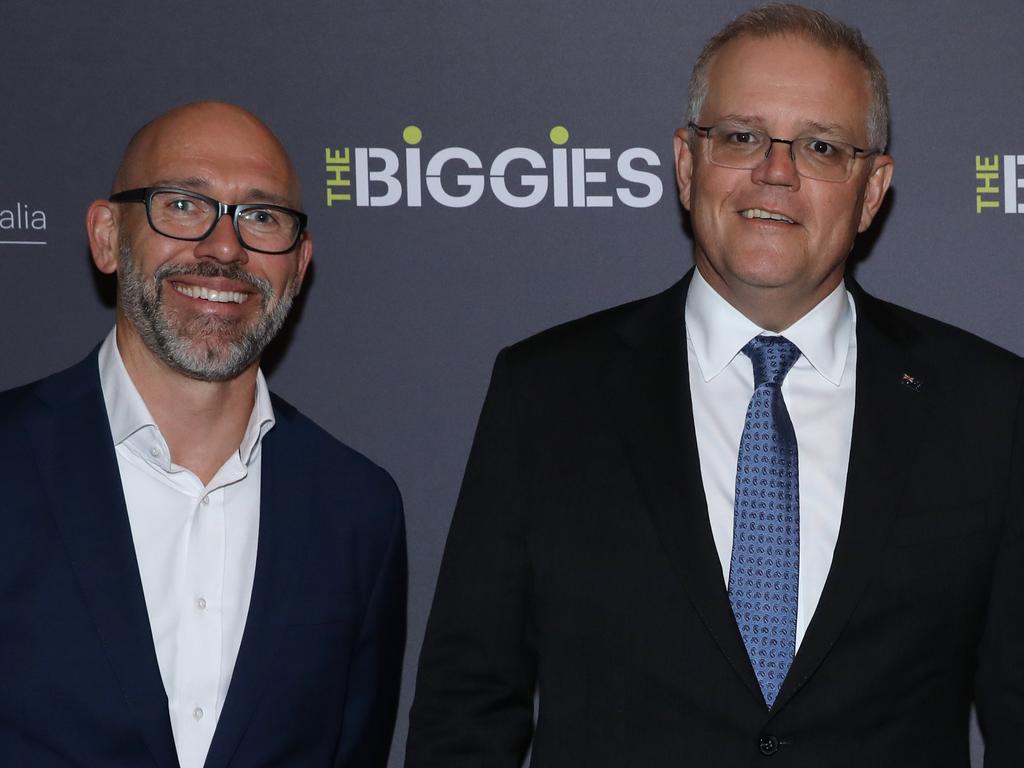



To join the conversation, please log in. Don't have an account? Register
Join the conversation, you are commenting as Logout